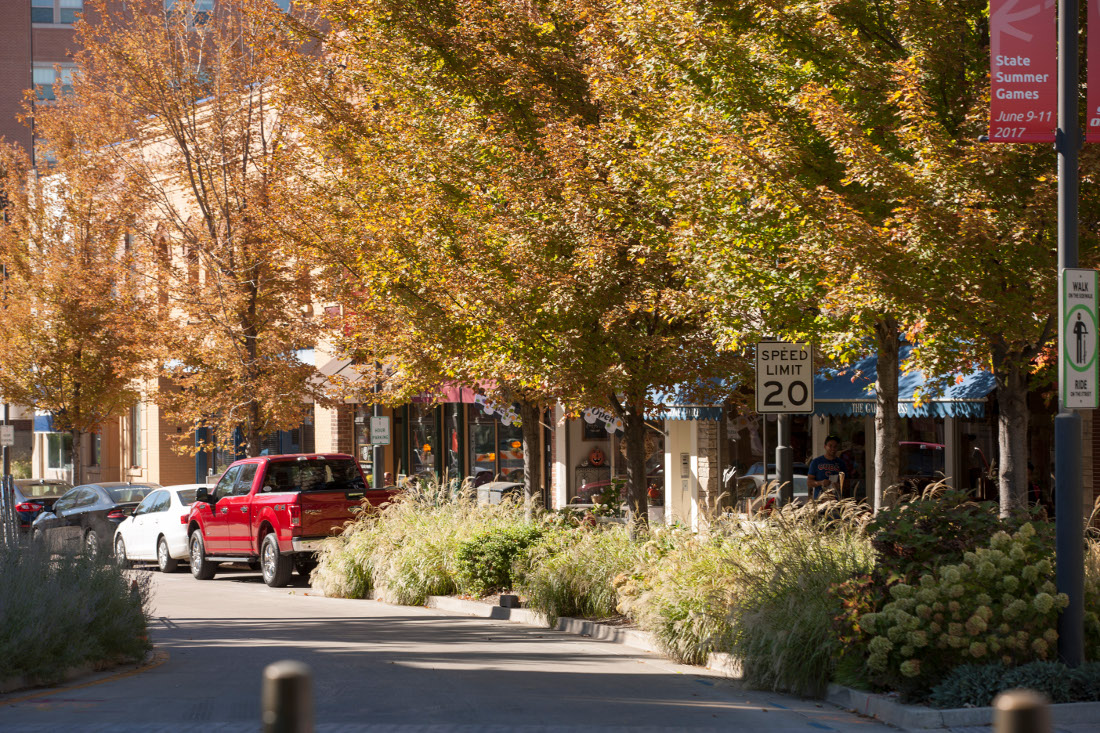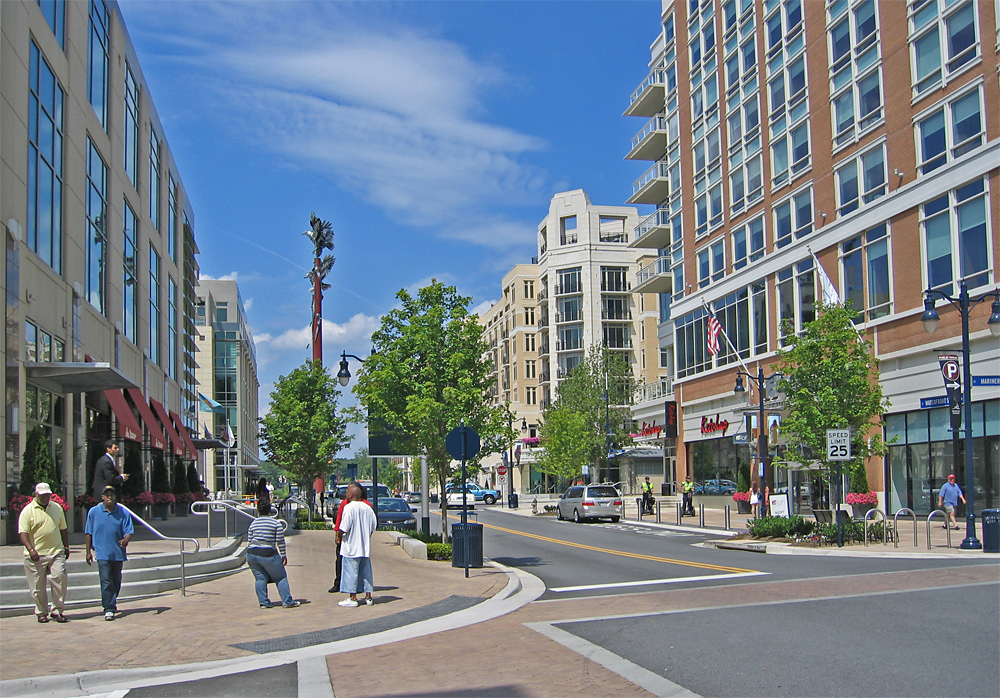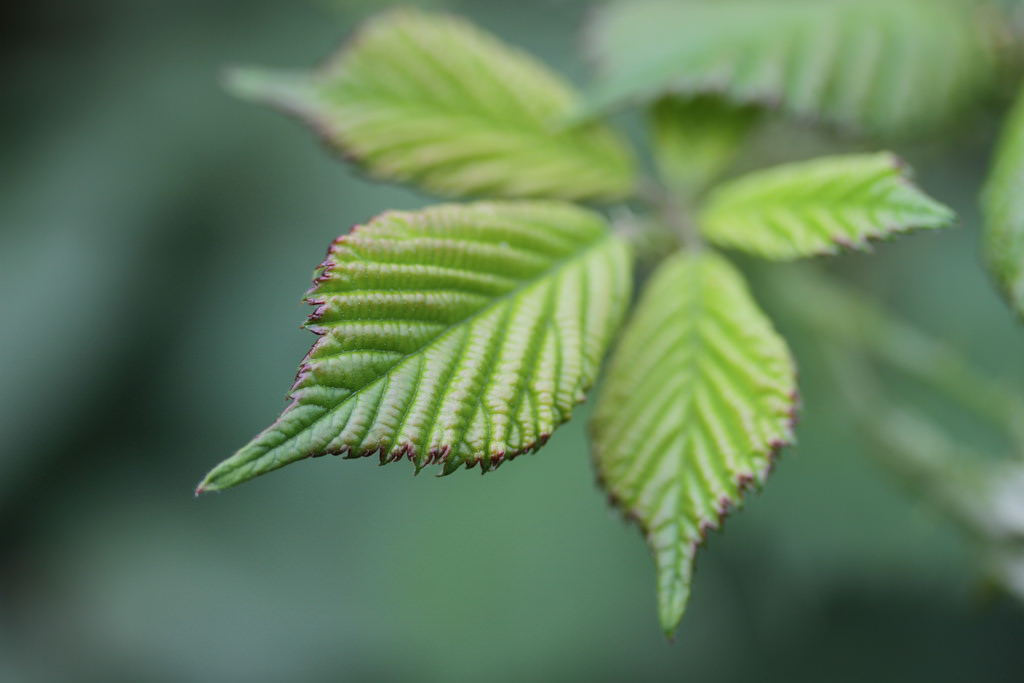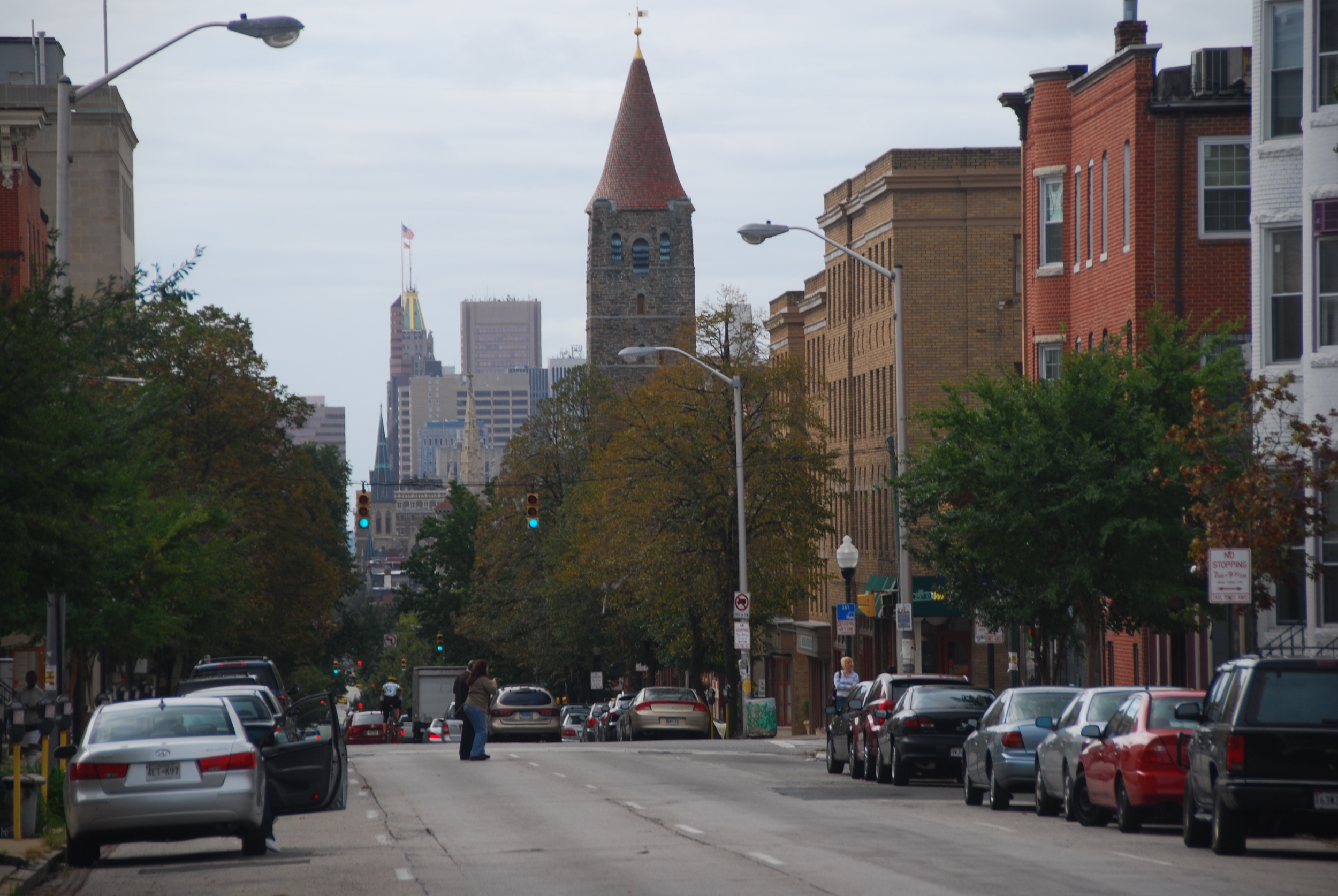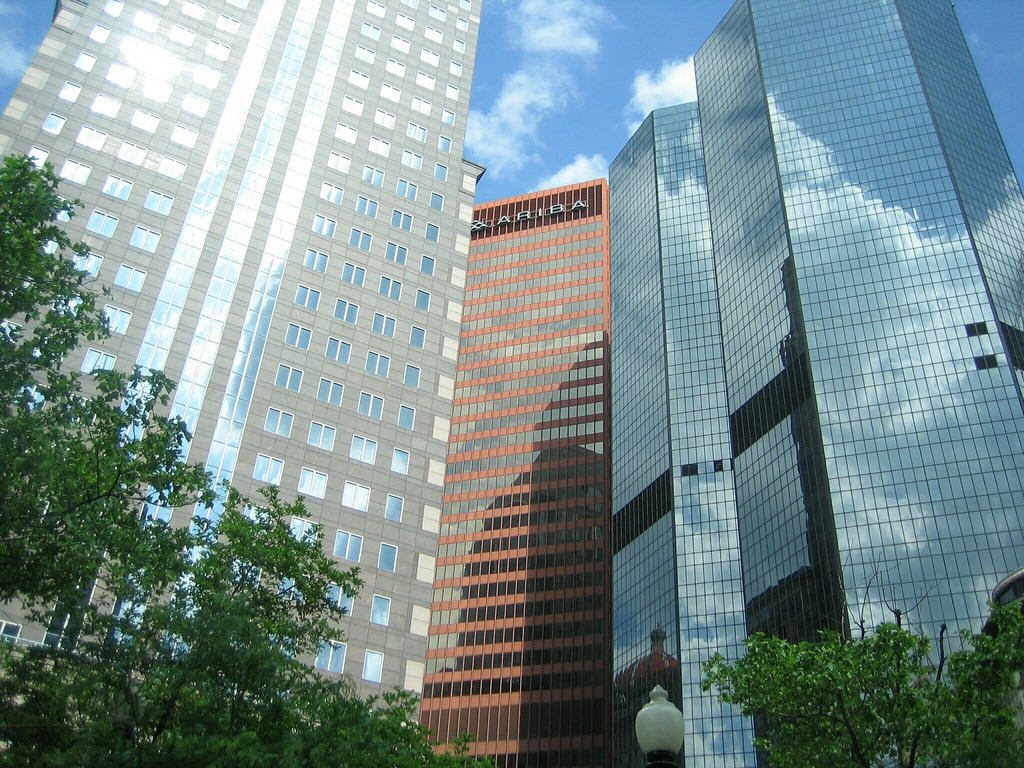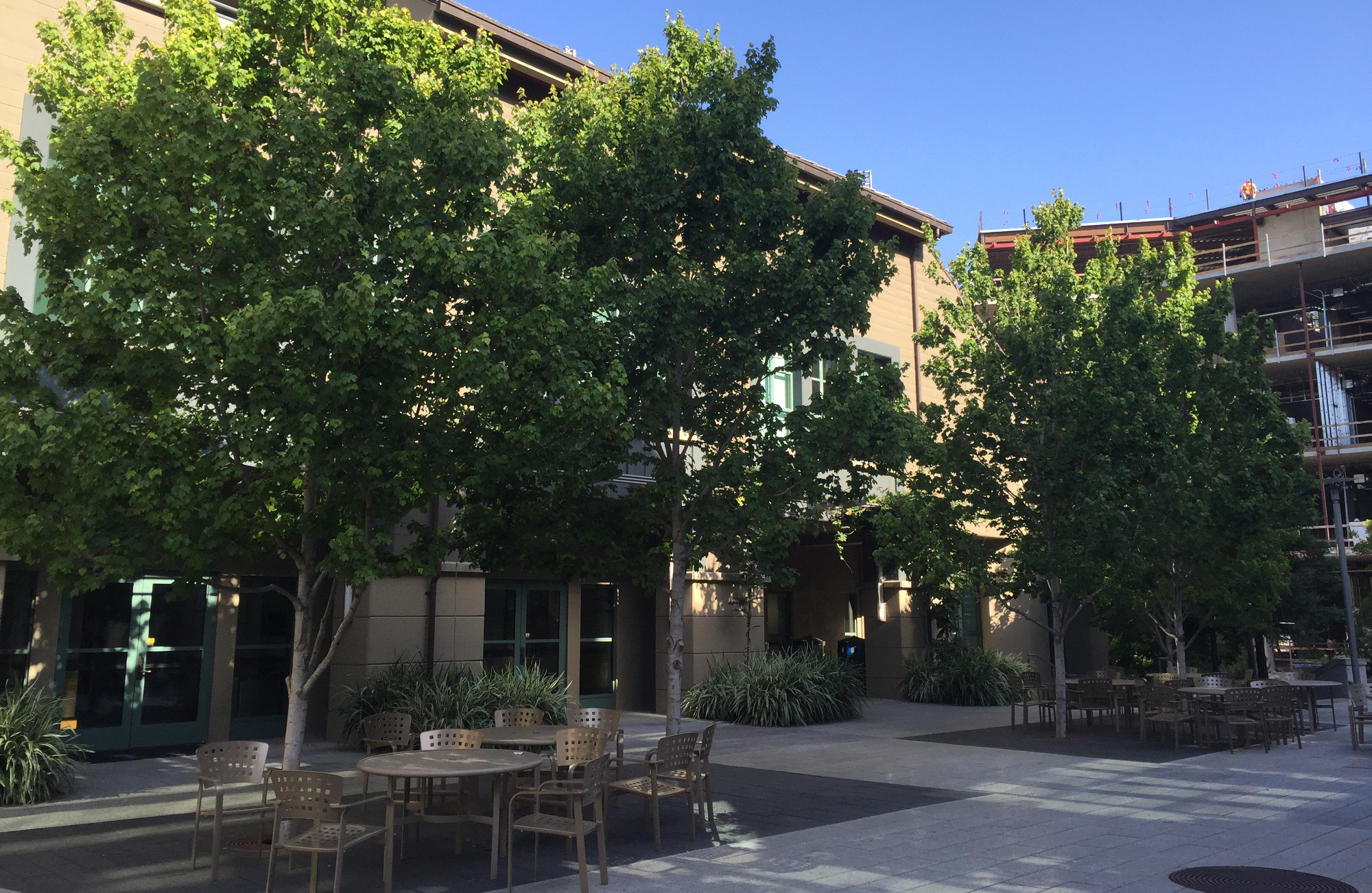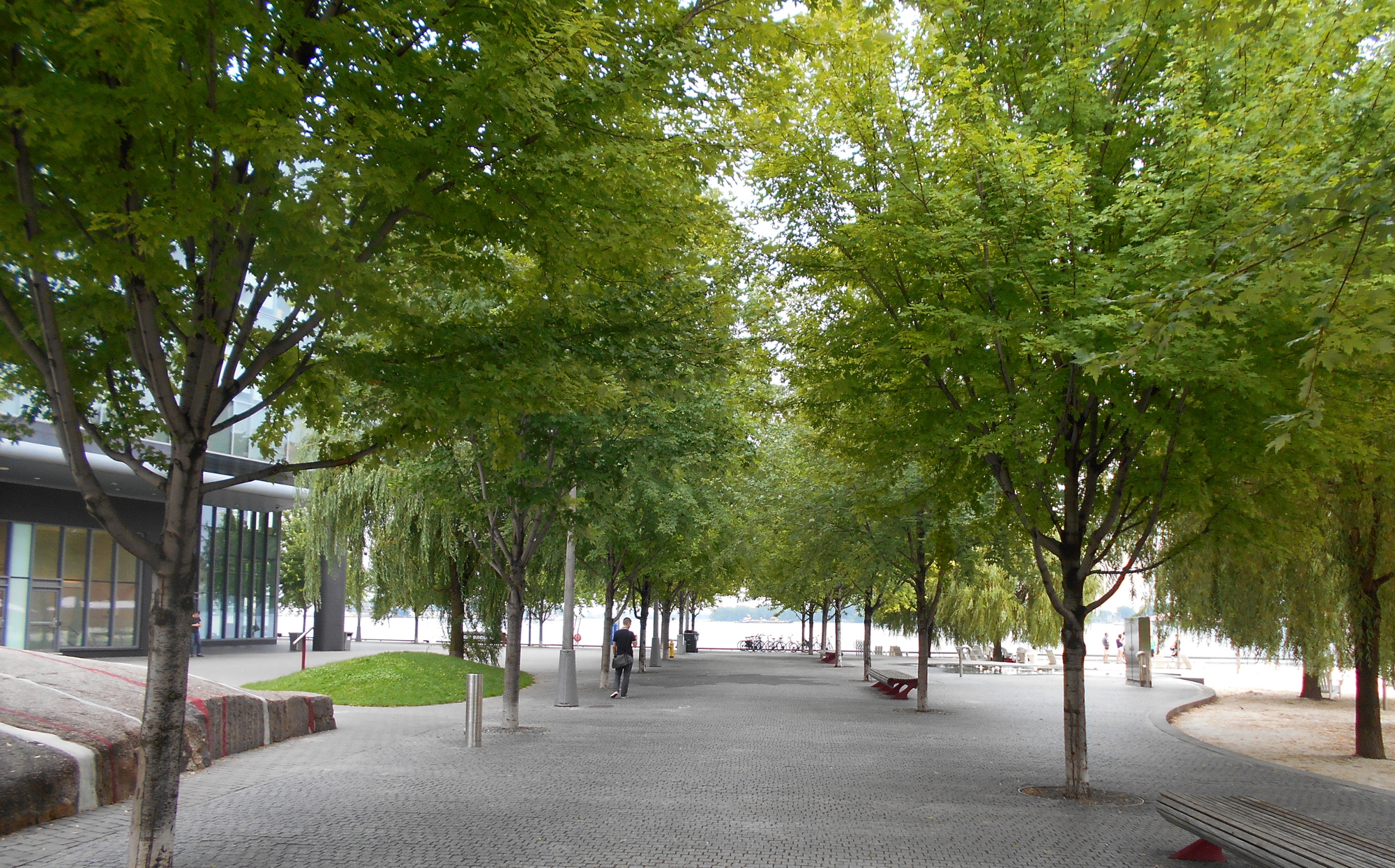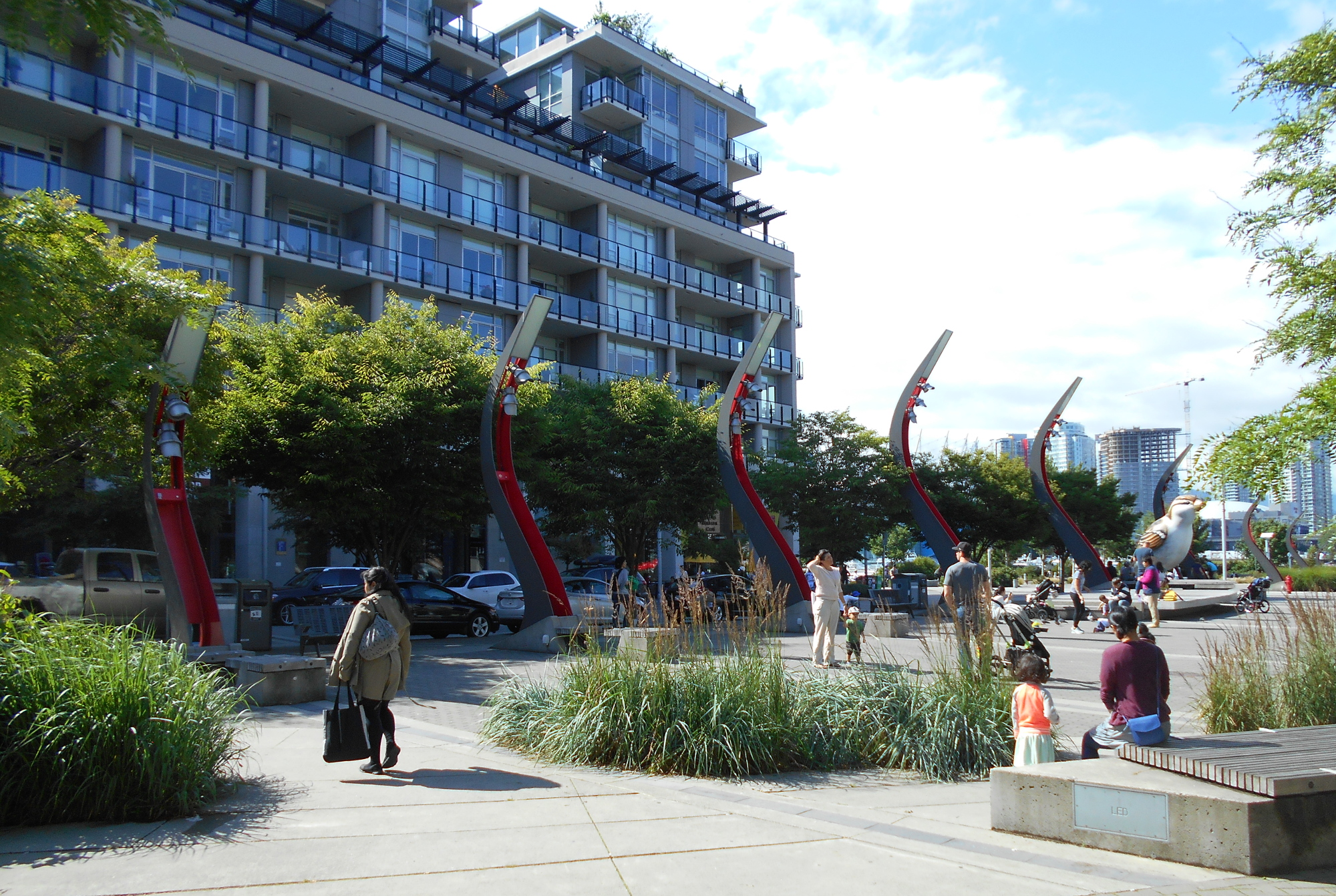LEEDing by Example: How D.C. Became the First LEED Platinum City in the World
Contrary to recent actions taken by the Federal government, Washington D.C.’s local government has made unprecedented strides towards creating a cleaner, more sustainable future. The District of Columbia has recently emerged as an environmentally progressive leader and is actively working to reduce greenhouse gas emissions, support clean energy innovation, and focus on livability for all… More


